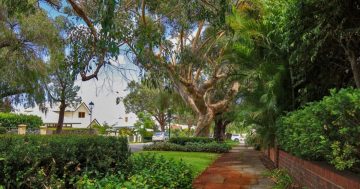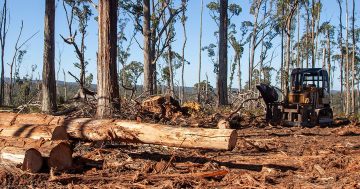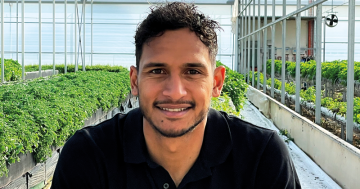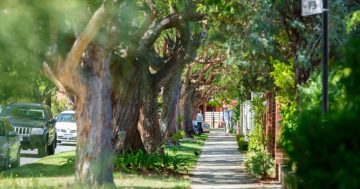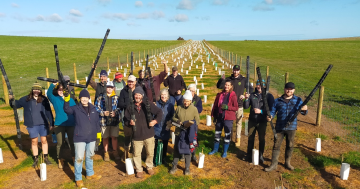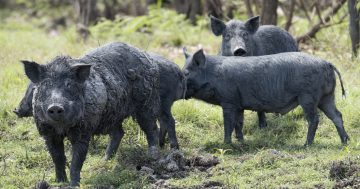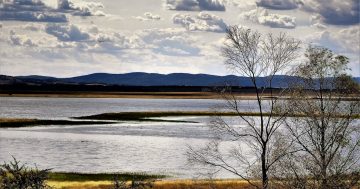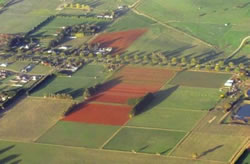 Community feedback has been invited on proposals to introduce stronger planning controls over Melbourne’s green wedges and agricultural land to see them permanently protected from redevelopment.
Community feedback has been invited on proposals to introduce stronger planning controls over Melbourne’s green wedges and agricultural land to see them permanently protected from redevelopment.
The Department of Environment, Land, Water and Planning (DELWP) is seeking the community comments on the green areas within 100 kilometres of Melbourne, which support thousands of jobs in conservation, tourism and agriculture and are also important for food production.
According to the Minister for Planning, Richard Wynne, it is important to protect the green areas to support the jobs, protect their food supply and improve Melbourne’s liveability.
“Green wedges are crucial to our growth and prosperity and these planning controls will make sure they are protected from over development so they can continue to provide for current and future generations,” Mr Wynne said.
He said that as the State’s population increases, the proposed planning changes will protect green wedges from overdevelopment and keep farms on the urban fringes working and feeding the city.
“Melbourne’s 12 green wedges cover the areas just outside Melbourne’s Urban Growth Boundary and provide an essential break between the intensive urban development along the city’s growth corridors,” Mr Wynne said.
“These zones, which are protected by legislation, include significant conservation and cultural heritage sites, tourism and recreational opportunities such as our renowned food and wine regions, natural resources and critical infrastructure that supports the operation of the city.”
He said the Government was also proposing to permanently protect peri-urban agricultural land beyond Melbourne’s green wedge zones but still within 100 kilometres of the CBD.
“These are predominantly rural areas with small townships,” the Minister said.
“The importance of this land will only increase in the future as climate change impacts where crops are grown and the green wedge and peri-urban areas are relied upon more to grow food.”
He said the coronavirus pandemic forced consultation to be conducted online only but the time period had been extended and will now run for 10 weeks.
Information on the proposals and details of how to make a submission can be accessed from this PS News link.
The public consultation will close on 5 February 2021.




